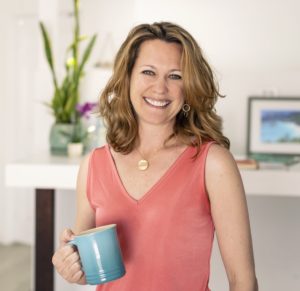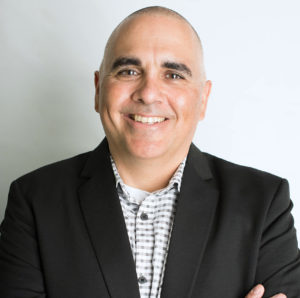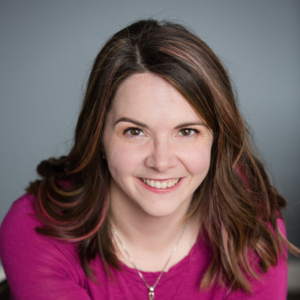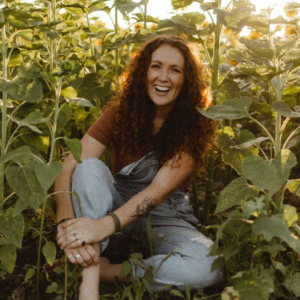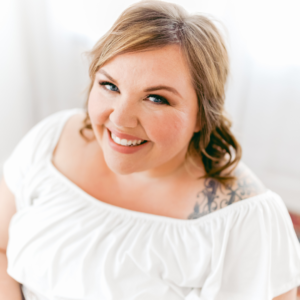I'm so excited to introduce you to this week's guest on Pep Talks for Side Hustlers, Angela Henderson!
Angela Henderson is an international award winning business mentor who helps women in business get all the pieces in place to have consistent 5 figure months and then on to 6/7 figure years without burning out in the process, through her small business consulting or her business coaching for entrepreneurs.
Push play to listen to this week's episode, or read the full transcript below!


